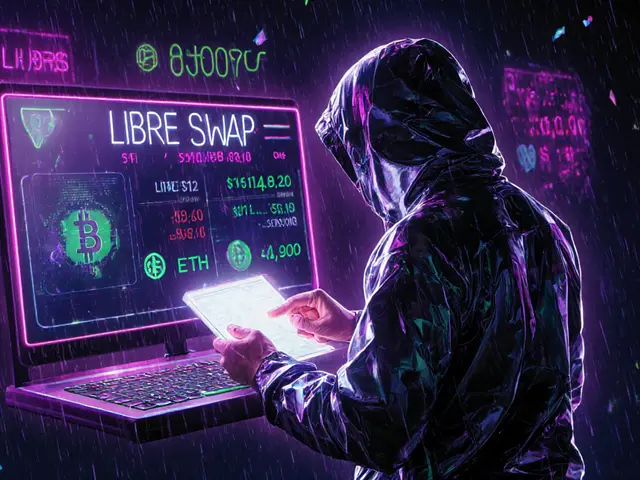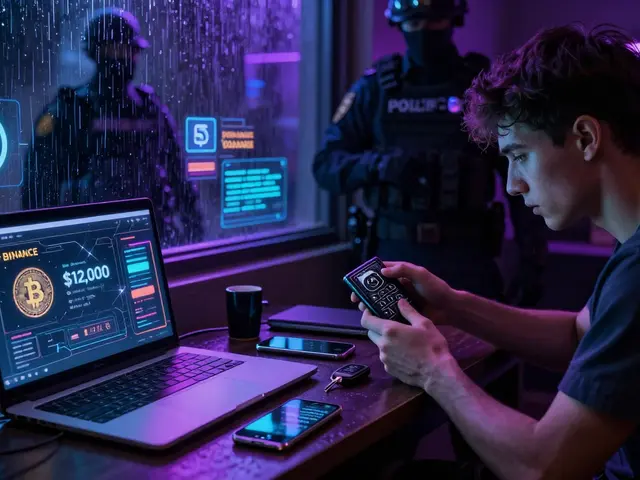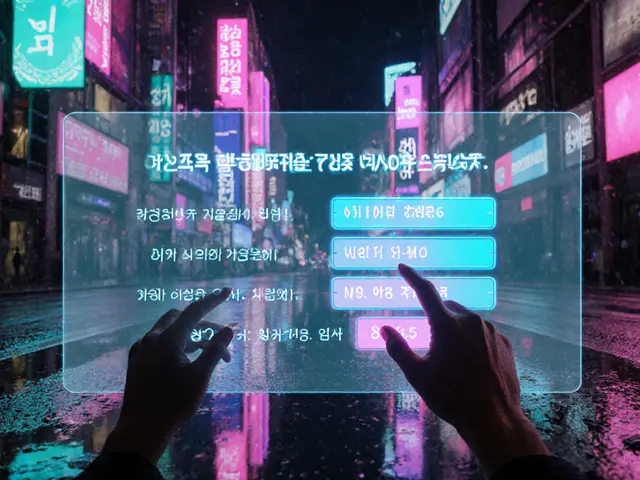Blockchain Property: What It Is and How It Powers Crypto, NFTs, and Smart Contracts
When we talk about blockchain property, the digital ownership of assets recorded on a decentralized ledger. Also known as on-chain ownership, it means your crypto, NFT, or tokenized stock isn’t just a number in an app—it’s a verifiable, unchangeable claim tied to your wallet. Unlike traditional property records held by banks or governments, blockchain property can’t be erased, altered, or stolen without your private key. That’s why it’s the backbone of everything from Bitcoin to tokenized real estate.
But blockchain property isn’t just about holding coins. It’s what makes smart contracts, self-executing code that enforces rules without middlemen possible. When you buy an NFT, the contract automatically transfers ownership the moment payment clears—no lawyer, no paperwork. That same tech is used in DeFi lending, where your crypto becomes collateral without a bank approving your loan. And when authorities track ransomware payments using blockchain forensics, tools that trace transactions across public ledgers, they’re relying on the immutability of blockchain property to find criminals.
That’s also why scams love to fake it. You’ll see fake airdrops claiming you own "VLX GRAND tokens" or "1MIL"—but if the blockchain doesn’t show a verified transfer to your wallet, it’s not property, it’s a lie. The same goes for tokenized stocks like DHRX: they’re digital copies of real shares, not the real thing. And when countries like China or Bangladesh ban crypto, they’re not banning technology—they’re trying to erase digital property rights from their citizens.
What you’ll find here isn’t theory. It’s real cases: how a 51% attack can steal your crypto by rewriting blockchain history, how Germany and Germany’s BaFin demand strict custody rules to protect your blockchain property, and why Iran uses state-run mining to turn Bitcoin into a tool of economic survival. You’ll see how unverified exchanges like IslandSwap or Libre Swap offer no real ownership at all—and why audits and transparency matter more than hype.
Blockchain property gives you control. But only if you understand what’s real and what’s just noise. Below, you’ll find deep dives into the tools, risks, and regulations that shape digital ownership today—no fluff, no promises, just what works and what doesn’t.




